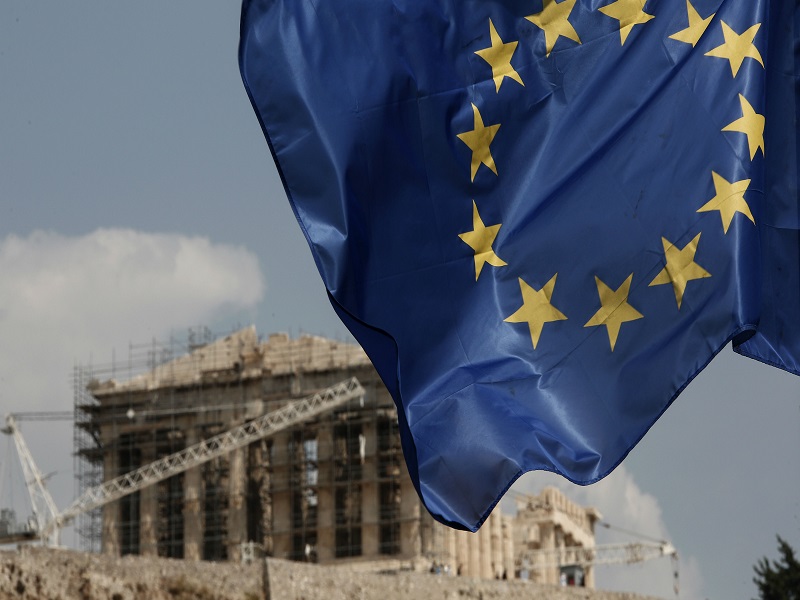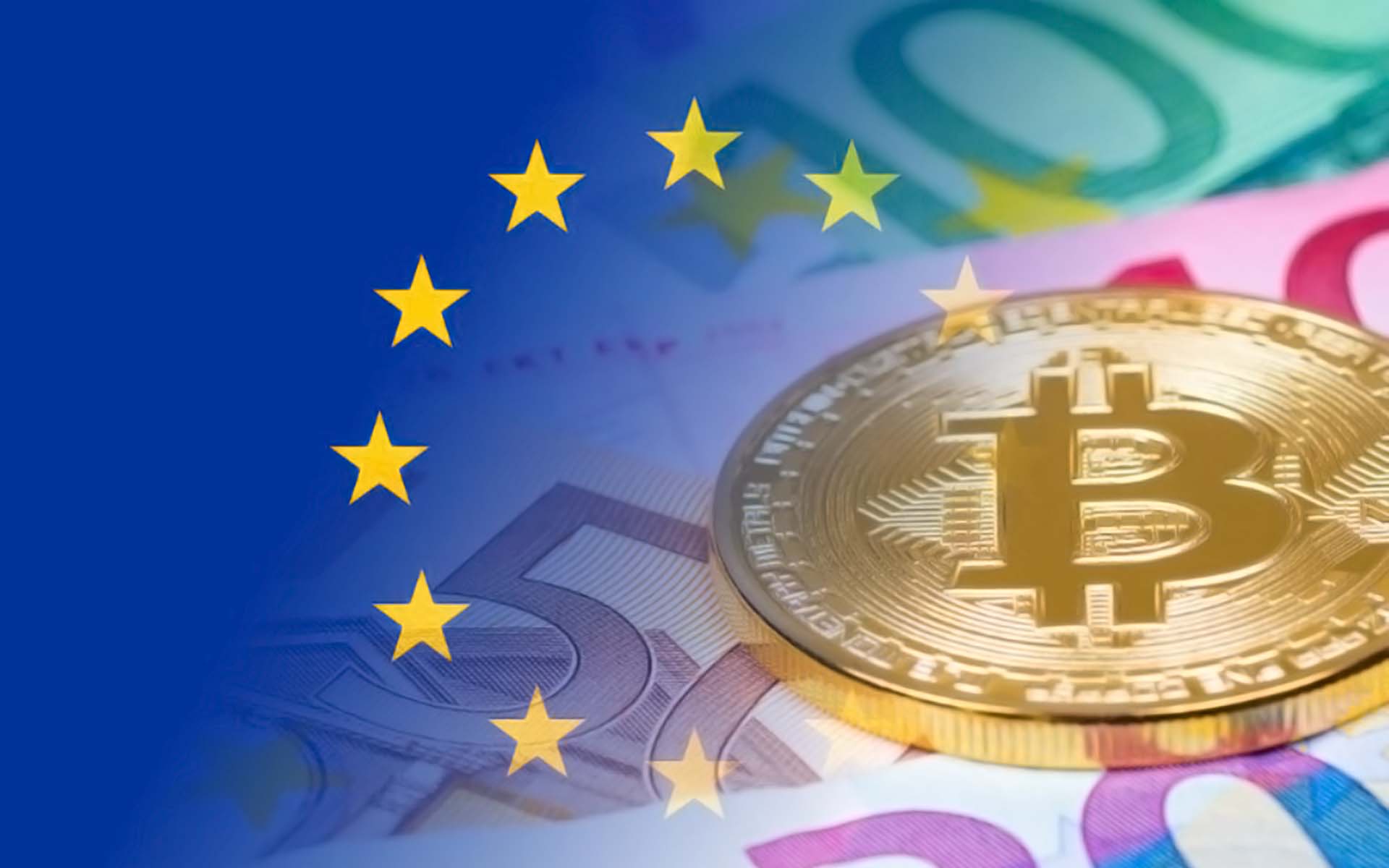Despite calls for action from would-be regulators in Germany and France and Europol’s recent claim that $5.5 billion is being laundered in Europe via cryptocurrency, the European Commission still isn’t ready to force regulations on the emerging market.
Haste Makes Waste
Instead of rushing into regulatory measures, Pete Kerstens — leader of the European Commission’s fintech task force — has called for a more measured approach, telling a recent EURACTIV-organized and American Express-sponsored forum:
We should think of what are the risks in order to know what should be regulated.
Kerstens also claimed that there is no cause for immediate concern on the European continent since most of the $432 billion market (at the time of this writing) is owned by Asian investors.

Catching up with Rivals
Next month, the European Commission will publish their plan of action in regards to fintech, which will almost certainly outline a roadmap for the issuance of EU-wide licenses for crowdfunded startups.
The Commission has thus far been uninterested in hampering the growth of blockchain industries in Europe. Rather, it aims to ultimately strengthen the industry by helping to limit fraud and ensure best practices.
According to Kerstens, the Commission actually wishes to make it easier for crowdfunded blockchain companies to operate. At the moment, eleven different European regimes are, in some way, hindering development — which is stalling growth when compared to the US and much of Asia.

Differences of Opinion
Not everyone shares the European Commission’s view, however.
European Supervisory Authorities issued a warning earlier this month, claiming cryptocurrencies are “highly risky and unregulated products and are unsuitable as investment, savings or retirement planning products” — but only after Agustin Carstens, the general manager of the Bank for International Settlements, referred to Bitcoin as “a combination of a bubble, a Ponzi scheme and an environmental disaster.”
French Finance Minister Bruno le Maire and interim German Finance Minister Peter Altmaier recently signed a letter to fellow G20 finance ministers, in which they claim cryptocurrencies are not only risky for investors but also threaten long-term global financial stability.
The European Union Agency for Law Enforcement Cooperation (Europol) also finds cryptocurrencies troublesome, claiming three to four billion pounds ($4.1 to $5.5 billion) of criminal money is being laundered using cryptocurrency in Europe alone.

Others, however, agree with Kerstens’ and the European Commission’s approach.
British Conservative MEP Ashley Fox claimed that cryptocurrencies exist because of obvious consumer demand, in addition to citing “the lack of trust in the nation-state” — though he still prefers blockchain technology to cryptocurrencies themselves.
Do you think European regulatory authorities will be able to properly regulate cryptocurrencies without stifling the industry’s growth? Let us know in the comments below!
Images courtesy of Shutterstock and Bitcoinist archives.











